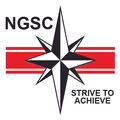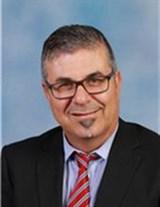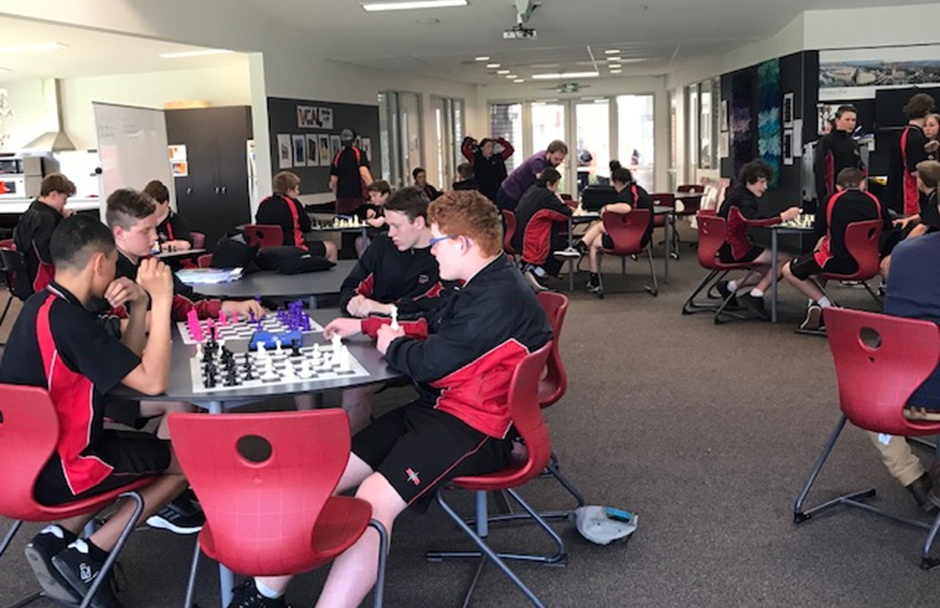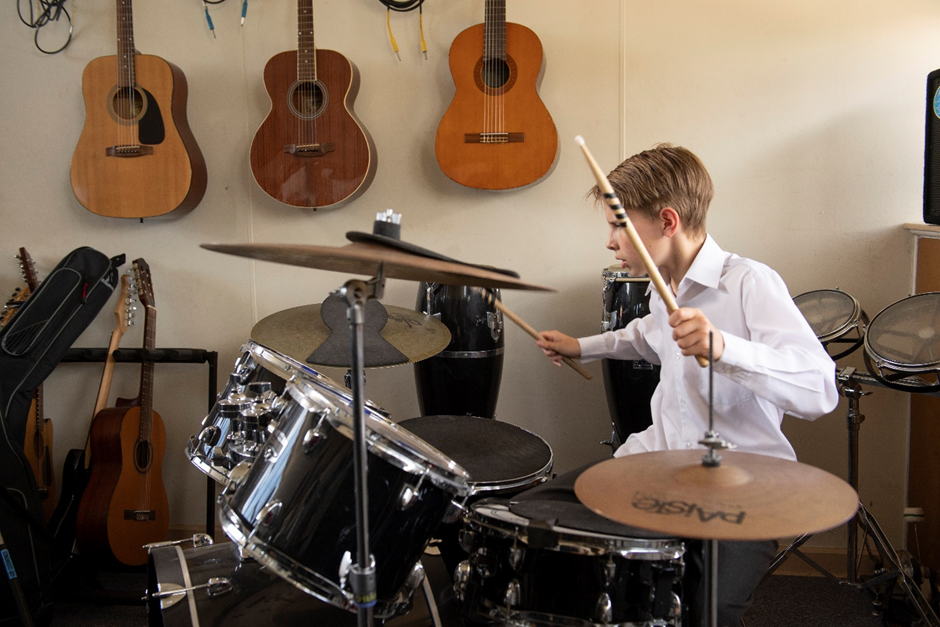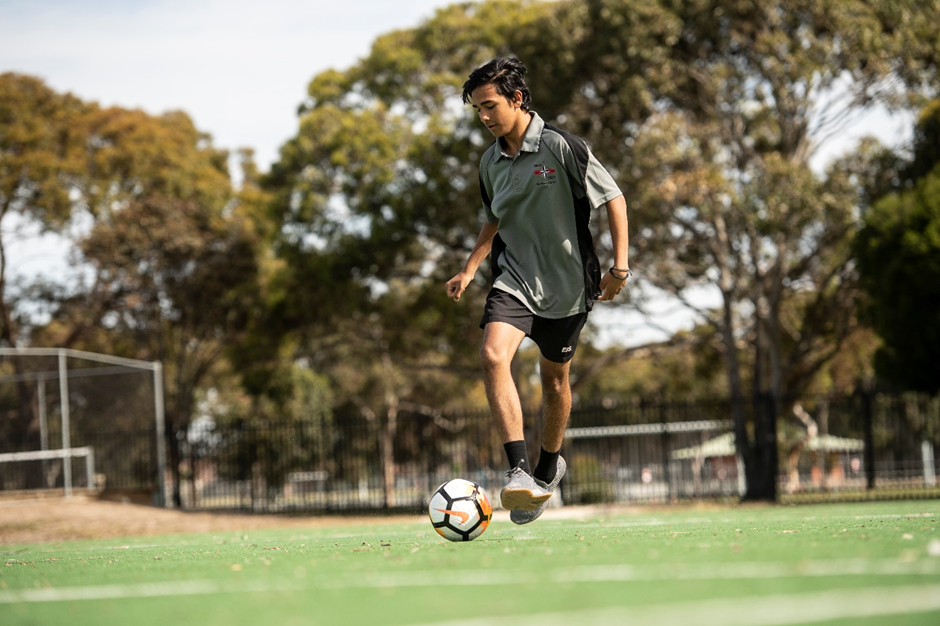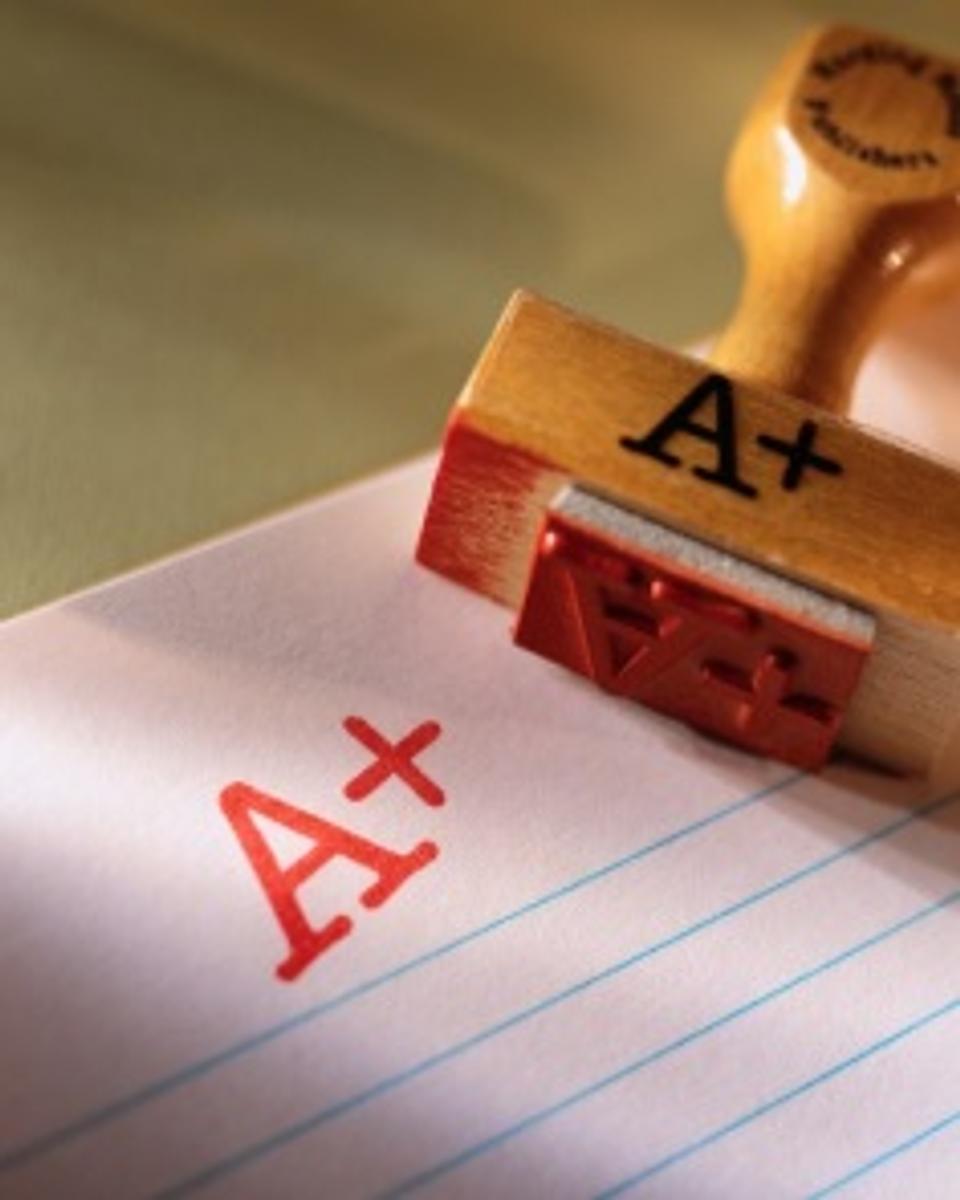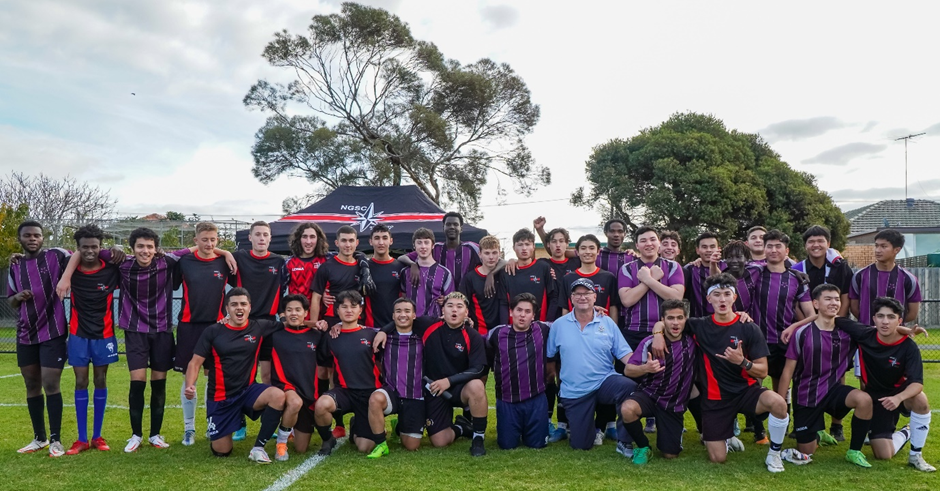PRINCIPAL'S REPORT
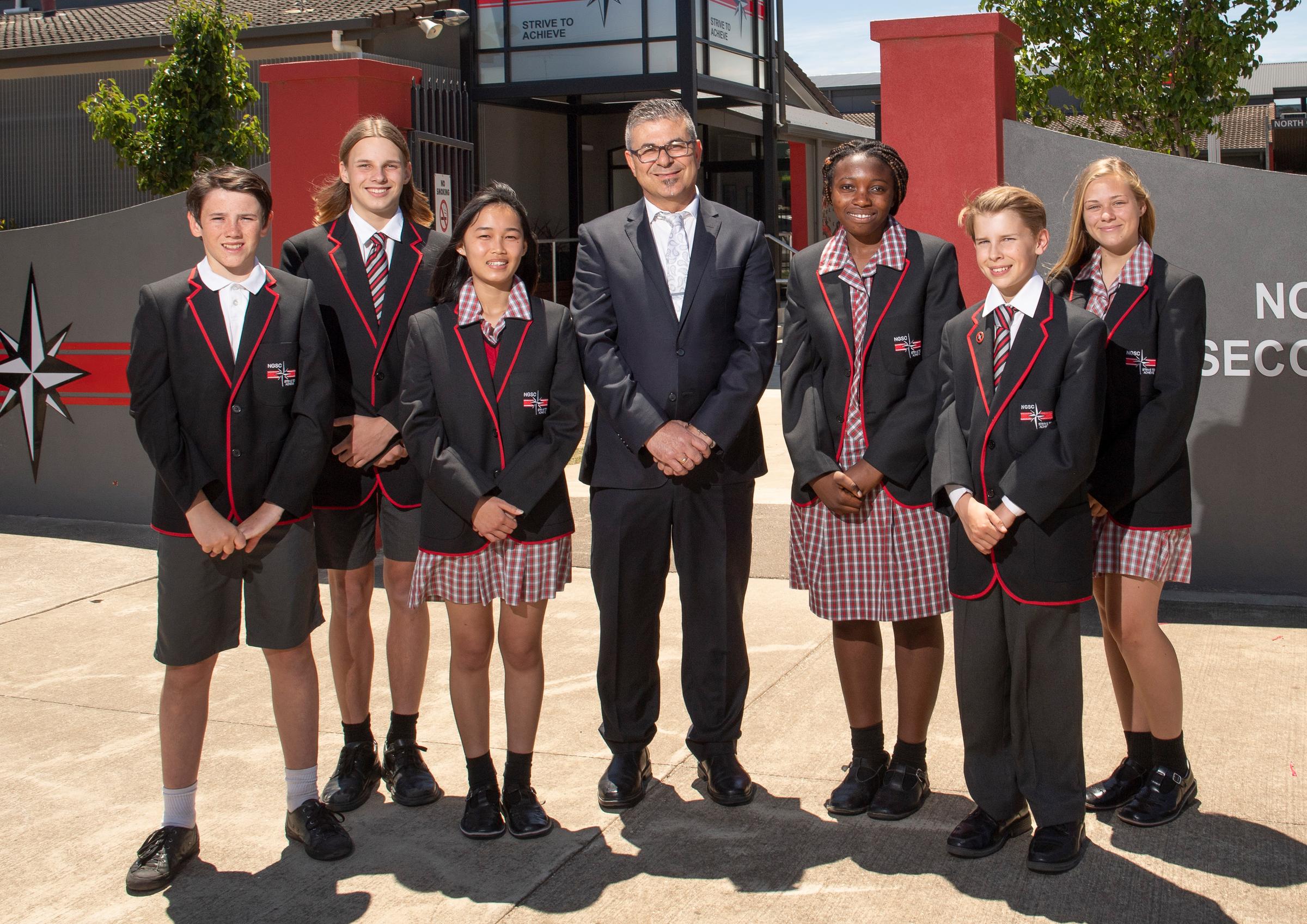
Nicholas Adamou
Principal
2022 Key Dates
| 24 June | Last day of Term 2 - Students dismissed at 1:30 pm |
| 11 July | Term 3 Commences |
| 19 July | School Council Meeting |
| 25 to 29 July | Year 10 Careers Week |
| 9 Aug | Parent/Teacher Conferences |
Covid19 update
As you would be aware, following advice from the Acting Chief Health Officer, the Victorian Government recently announced changes to the pandemic orders.
There will no longer be a mandated vaccination requirement for staff working in mainstream schools. This change will come in from 11:59 pm Friday 24 June, so in effect from the start of Term 3 2022.
With almost 100% of school staff now vaccinated across Victoria, this will cause little change to our school.
As part of the changes, from 11:59 pm Friday 24 June 2022, parents and carers who have COVID-19 can transport their non-COVID19 children via private vehicle to their primary or secondary school when an alternative person is not available to assist. This will include school holiday programs held on school grounds. This means that parents and carers will be able to leave COVID self-isolation to take their non-COVID-19 child to school or school holiday programs via a private vehicle.
The parent or carer must travel directly to and from the school only. They must always remain in the vehicle unless it is reasonably necessary to leave the vehicle to walk the child to and from the entrance of the school safely. They must always wear a face mask.
Family members are asked to continue reporting positive COVID-19 cases to both the Department of Health and our own testing portal.
You must also let the school know if your child is a close contact. Students who are close contacts and want to attend should still take 5 RATs over 7 days and wear a face mask whilst indoors if they are aged 8 years or over.
Students should continue to stay home if they are unwell, even if they test negative on a RAT.
Thank you to all parents and carers for your support as we continue to make these adjustments.
Impact of influenza (flu) among the school community
I wish to inform you about the impact of influenza (flu) among our school community and measures we can all take to reduce the spread of flu as we enter into the colder months.
I want to reassure you that we are taking this very seriously and continue to follow the expert advice of the Department of Education and Training and Department of Health, to help ensure that our school continues to run effectively.
To help protect our school and the wider community, we ask that unwell students stay home, given the impacts of flu and colds on our school community.
To help reduce the spread of flu, colds and COVID-19, students are being encouraged to:
- wash and sanitise their hands regularly
- avoid touching their eyes, nose, and mouth with unwashed hands
- cover their nose and mouth when they cough or sneeze
- get tested for COVID-19 if they feel unwell and follow the current Department of Health isolation requirements if a positive result is shown
- if unwell, stay at home until their symptoms pass.
Face masks are available in all schools and can be worn by any staff or students who wish to do so, including those who are medically at risk.
Vaccination remains the best protection against both COVID-19 and flu, and we encourage you to get your child vaccinated. Flu vaccinations can be booked through GPs and pharmacies, many of which can also provide COVID-19 vaccinations.
If your child does become sick while at school, please also ensure that we have correct emergency contact details for yourself. This is so we can get hold of you as quickly as possible.
I am aware that this is a challenging situation, and we thank you for your understanding and support at this time.
Some ways parents/carers can encourage and support your young person’s mental health and wellbeing
1. Encourage them to stay connected Social relationships are important to your young person’s general wellbeing. It is okay if they take time out for themselves at times but encourage them to keep in contact with friends.
Friends can provide both play and support, and spending time with friends is also important for keeping and building on existing friendships. During restrictions, young people can remain connected via phone call, email, text message Facebook message, Zoom meetings or the HouseParty app.
2. Encourage them to stay involved
Encourage involvement with volunteer work, hobbies, clubs or committees, or sports – these can help young people feel connected to their wider community. Participate with them when you can. Involve them in decisions and give them responsibility at home (e.g., making decisions about dinner and helping to prepare dinner). Help them to identify and set realistic goals. Setting and achieving realistic goals can be incredibly motivating and can help build self-confidence.
3. Encourage physical activity
Physical activity is important for everyone’s health and wellbeing. If your young person is feeling down or finding things are difficult, physical activity may be the last thing they feel like doing. But even small activities, like walking around the block, can help relieve stress and frustration, provide a good distraction from worrying thoughts, improve concentration and improve mood. If your young person is struggling to get active, find a physical activity that you both enjoy and can do together and plan to do it regularly.
4. Encourage a regular routine
Getting a good night’s sleep helps young people to feel energised, focused and motivated. Adolescence is a time when a number of changes to the “body clock” impact on sleeping patterns and young people are more likely to have problems with sleep. Developing a sleeping routine can help. Encourage your young person to wake up around the same time each day, get out of bed when they wake up, and go to bed around the same time each night. Avoiding caffeine after lunchtime, having a quiet, dark and uncluttered bedroom and shutting down electronic devices before bed can also help them to get a good night’s sleep.
5. Encourage healthy eating habits
Eating well doesn’t only reduce the risk of physical health problems, like heart disease and diabetes, but it can also help with sleeping patterns, energy levels, mood, and general health and wellbeing. A good balanced diet with less junk food/ less sugar and more vegetables, fruit, whole grains and plenty of water will ensure your young person has all of the vitamins and minerals to help their body and brain function well.
6. Encourage play
Devoting time to just having fun can help to recharge your young person’s battery, revitalise their social networks and reduce stress and anxiety.
HOW HARMFUL IS SOCIAL MEDIA TO MENTAL HEALTH?
According to one recent research study, social media is no more harmful than television was for young people in the 1990s.
The study looked at more than 430,000 young people aged 10 to 15 in the UK and US. It found no evidence that any link between mental ill health and technology had grown worse over that time.
The research examined TV viewing, social media engagement and the use of digital devices such as smartphones before comparing them with feelings of depression, suicidal tendencies and behavioural problems. It aimed to investigate growing concerns that technology is becoming more prevalent in young people’s lives and more harmful to their mental health.
Other studies, however, have suggested a rise in teenage depression. A report by University College London in 2019 found that adolescents were more likely to feel depressed and to self-harm, and less likely to get a full night’s sleep, than ten years previously.
The study also found there was no notable difference in impact between boys and girls.
Some may assume, or have anecdotal evidence, that social media or smartphones result in poor mental health, but this is not necessarily the case. While some individuals may be more affected than others, on average research shows the relationship is weak.
Instead, there are other factors that appear to be more strongly related to poor mental health. Sleep, bullying and cyberbullying, and conflict between parents have much greater impact.
In the meantime, the wise parent keeps a close eye on the amount of time spent on social media and the material being accessed. When young people know their parents are interested and watchful, they may be influenced to make good choices.
Acknowledgment: Dr Cara Booker, research fellow in the Institute for Social and Economic Research at the University of Essex; The
Times 4 May 2021; the journal of Clinical Psychological Science.
Principal’s Digest, May 2021
End of Term Two
Semester, reports are currently being prepared and will be posted online by the beginning of Term Three (End of Week One)
Following the posting of semester reports, parents will have the opportunity to contact teachers, on a needs basis, to discuss progress and planning for the second half of the year. Some of the parents have already come in contact with school key stakeholders, such as; Home Group Teachers, Sub School Leaders, Careers Team, Year level Coordinators, Wellbeing Officers and Principal Class Officers in relation to planning and setting goals for Semester 2.
Parent Teacher Conferences will take place on Tuesday, August 9. This will be a great opportunity for parents and carers to follow up on the progress of their children with teachers.
Child Safe Standards: Creating a safe environment
North Geelong Secondary College is a child safe school/organisation that aims to comply with Ministerial Order No. 870 - Child Safe Standards, which came into effect 1 August 2016.
The school is committed to the safety and wellbeing of all children and young people, and this is the primary focus of our care and decision-making. We have a zero tolerance for child abuse.
NGSC is committed to providing a child safe environment where children and young people are safe and feel safe, and their voices are heard about decisions that affect their lives. Particular attention is paid to the cultural safety of Aboriginal children and children from culturally and/or linguistically diverse backgrounds, as well as the safety of children with a disability.
All NGSC staff members have a responsibility to understand the important and specific role he/she plays individually and collectively to ensure that the wellbeing and safety of all children and young people is at the forefront of all they do and every decision they make.
In addition, the school has a Wellbeing Centre/Hub with a number of full-time staff members working with the students ensuring they are building resilience skills and having their wellbeing needs addressed. Together with the Doctors in Schools program the school Wellbeing Team works with a number of external agencies such as The Geelong Project and other organisations utilising their expertise to improving our students’ wellbeing, ensuring they feel safe and able to be productive in a caring learning and teaching environment.
Child Safety, Code of Conduct
NGSC is committed to the safety and wellbeing of children and young people. Our school community recognises the importance of, and a responsibility for, ensuring our school is a safe, supportive and enriching environment which respects and fosters the dignity and self-esteem of children and young people, and enables them to thrive in their learning and development.
This Code of Conduct aims to protect children and reduce any opportunities for child abuse or harm to occur. It also assists in understanding how to avoid or better manage risky behaviours and situations. It is intended to complement child protection legislation, Department policy, school policies and procedures and professional standards, codes or ethics as these apply to staff and other personnel.
The NGSC Principal and the Leadership Team fully support the implementation and monitoring of the Code of Conduct, and plan, implement and monitor arrangements to provide inclusive, safe and orderly schools and other learning environments. The NGSC Principal and the Leadership Team also provide information and support to enable the Code of Conduct to operate effectively.
All staff, contractors, volunteers and any other members of the school community involved in child-related work are required to comply with the Code of Conduct by observing expectations for appropriate behaviour below. The Code of Conduct applies in all school situations, including school camps and in the use of digital technology and social media.
Acceptable behaviours
As staff, volunteers, contractors, and any other members of the school community involved in child-related work individually, we are responsible for supporting and promoting the safety of children by:
- upholding the school’s statement of commitment to child safety at all times
- treating students and families in the school community with respect both within the school environment and outside the school environment as part of normal social and community activities.
- listening and responding to the views and concerns of students, particularly if they are telling you that they or another child has been abused or that they are worried about their safety/the safety of another child
- promoting the cultural safety, participation and empowerment of Aboriginal and Torres Strait Islander students
- promoting the cultural safety, participation and empowerment of students with culturally and/or linguistically diverse backgrounds
- promoting the safety, participation and empowerment of students with a disability
- reporting any allegations of child abuse or other child safety concerns to the school’s leadership team
- understanding and complying with all reporting or disclosure obligations (including mandatory reporting) as they relate to protecting children from harm or abuse.
- if child abuse is suspected, ensuring as quickly as possible that the student(s) are safe and protected from harm.
Unacceptable behaviours
As staff, volunteers, contractors, and any other member of the school community involved in child-related work we must not:
- ignore or disregard any concerns, suspicions or disclosures of child abuse
- develop a relationship with any student that could be seen as favouritism or amount to ‘grooming’ behaviour (for example, offering gifts)
- exhibit behaviours or engage in activities with students which may be interpreted as abusive and not justified by the educational, therapeutic, or service delivery context
- ignore behaviours by other adults towards students when they appear to be overly familiar or inappropriate
- discuss content of an intimate nature or use sexual innuendo with students, except where it occurs relevantly in the context of parental guidance, delivering the education curriculum or a therapeutic setting
- treat a child unfavourably because of their disability, age, gender, race, culture, vulnerability, sexuality or ethnicity.
- communicate directly with a student through personal or private contact channels (including by social media, email, instant messaging, texting etc) except where that communication is reasonable in all the circumstances, related to school work or extra-curricular activities or where there is a safety concern or other urgent matter
- photograph or video a child in a school environment except in accordance with school policy or where required for duty of care purposes
- in the school environment or at other school events where students are present, consume alcohol contrary to school policy or take illicit drugs under
Show me how it’s done!
Research is showing that we learn very effectively when we have people show us how to perform a task and involve us directly in it. Anyone trying to connect the iPhone or iPad to the flat touch/interactive screen TV set will also agree that it is often much more effective to have someone show you how to do that, than to decipher the manual yourself. Parents/carers, and in particular mothers, model this mode of teaching by showing their children how to do a myriad of things as they are growing up.
At NGSC, it is important to provide students with a range of “ways of learning” and to have outside experts, teachers and students act as mentors and role-models to help students see “how it’s done” – this is a great and powerful tool.
In particular, opportunities for younger students to see older role models such as Year 11 and 12 students are a real feature of our school. Also, the Excellence in Sports program (Soccer and Football), partnership with the Geelong Football Club and Victoria Police enhances self-discipline, great role modelling and confidence to our students, by high level football and soccer players, AFL umpires and Victoria Police. This program places strong emphasis on “Show me How it’s Done”. These Sports people and the Police Officers work with our Excellence in Sports program students who learn more effectively by others showing them how. Our educational setting, our school culture and our mindset allow this to occur naturally, and it is such an asset in developing confident, capable young adults, young adults who are ready to be useful, employable global citizens.
Currently, our Student Leaders (School Captains & SRC) are enjoying the role of modelling to the rest of the student body through many extracurricular activities, such as performing arts, song and dance, organising sporting events, coaching junior sporting teams, taking the lead in school human and environmental issues and a number of other academic activities.
Picking Up and Dropping Off your children around schools
For the safety of children, parents/carers are reminded and strongly encouraged to take care and obey parking signs when picking up or dropping off children around the school. Council’s parking and information officers regularly patrol school areas during start and finish times and motorists detected breaching parking regulations risk being issued with a Penalty Infringement Notice.
Remember, as soon as you stop to let your children in or out of the car, you are deemed to be parked. You do not have to leave your car or turn the engine off to receive a fine.
At children’s crossings, you must remain stationary at the stop line while any person (including an adult or the supervisor) is on the crossing or the stop sign is displayed. Do not let your child out at this time; ensure that they wait until you are safely and legally parked.
If you breach a parking regulation the parking and information officer assigned to monitor our school crossing will usually record your registration number and details, and the Penalty Infringement Notice will be posted to the registered owner of the vehicle within the next three days.
Also dropping off or picking up children in the staff car park is prohibited and parents/carers should NOT be parking in the staff car park at any time. This behaviour places our students at great risk as they are walking to school or riding their bicycles through the car park.
Please ensure you adhere to the parking regulations around schools and the school’s expectations, so that all children are safe, and you avoid running the risk of a Parking Infringement.
End of Term 2
Wishing everyone a safe and relaxing break. Term Three begins on Monday, July 11.
